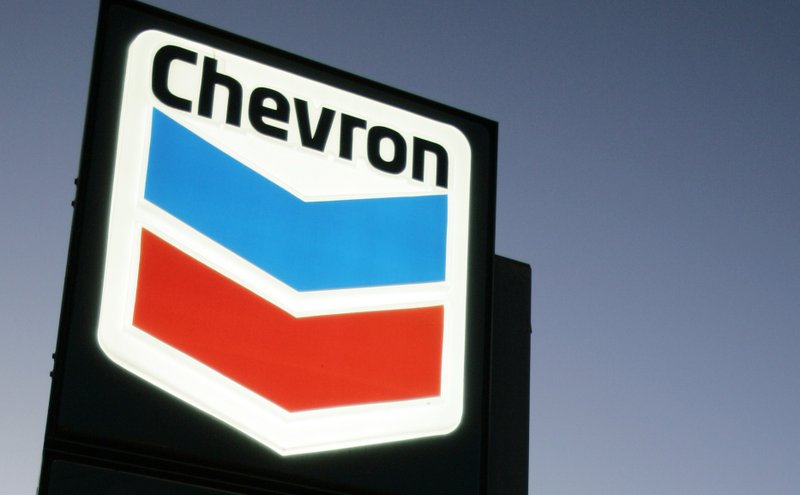Chevron Gambles on Untested Laws to Halt Australia LNG Strike Action
(Reuters) — Chevron Australia no longer expects to reach a deal with unions and will instead pursue an untested legal strategy to stop industrial action at its Gorgon and Wheatstone LNG facilities as unions prepare for full-scale strikes.
Hundreds of workers at the facilities, which account for over 5% of global supply, started short strikes on Friday after five days of last-minute negotiations broke down without a deal. Unions have said they will escalate to two weeks of 24-hour strikes from Thursday.
Chevron said on Monday it sees "no reasonable prospect of agreement" and will apply to Australia's industrial umpire, the Fair Work Commission, for an "intractable bargaining" declaration, which, if granted, would end strikes and allow the umpire to dictate an agreement.
"Unfortunately, following numerous meetings and conciliation sessions with the Fair Work Commission, no agreement has been reached as the unions are asking for terms significantly above the market," a Chevron spokesperson said in a statement.
Production from both facilities was still ongoing, a Chevron spokesperson told Reuters, declining to give further details.
Australia is the world's largest LNG exporter.
No Legal Precedent
The case will be a landmark test of the new laws, first introduced in June, which empower the umpire to force parties into an agreement they themselves are unable to make.
However, with unions set to start full blown strikes on Thursday, it is unlikely the umpire will have time to hear arguments and decide beforehand. A first hearing scheduled for Tuesday at 3 p.m. (0500 GMT) in Melbourne will only handle administrative questions.
A subsidiary of airline Virgin Australia made the only other application under these laws in June, local media reported. It took roughly three weeks to organize the first substantive hearings, but the parties reached an agreement the day they were due to start.
No talks are scheduled between unions and Chevron, according to the FWC website.
Even if the strikes escalate, analysts said they did not expect output disruptions for several weeks, as both facilities have stored reserves. Some Wheatstone employees have also offered to work during the industrial action to keep domestic supplies going.
"Chevron has been planning for this eventuality for some time and is using some non-union workforce and remote operations capabilities to try maintain supply amidst the strikes," energy analyst Saul Kavonic told Reuters.
"Union work bans that hinder offtake may end up presenting the supply risk, but that can take a few weeks to be felt as tanks fill."
Offshore Alliance, a coalition of two unions, said on Saturday it was "bunkering down for a long dispute" and the U.S. oil and gas giant should prepare for "losing $billions of export revenue."
An Offshore Alliance spokesperson did not immediately respond to a request for comment on Monday.
Related News
Related News

- Keystone Oil Pipeline Resumes Operations After Temporary Shutdown
- Freeport LNG Plant Runs Near Zero Consumption for Fifth Day
- Biden Administration Buys Oil for Emergency Reserve Above Target Price
- Mexico Seizes Air Liquide's Hydrogen Plant at Pemex Refinery
- Enbridge to Invest $500 Million in Pipeline Assets, Including Expansion of 850-Mile Gray Oak Pipeline





Comments